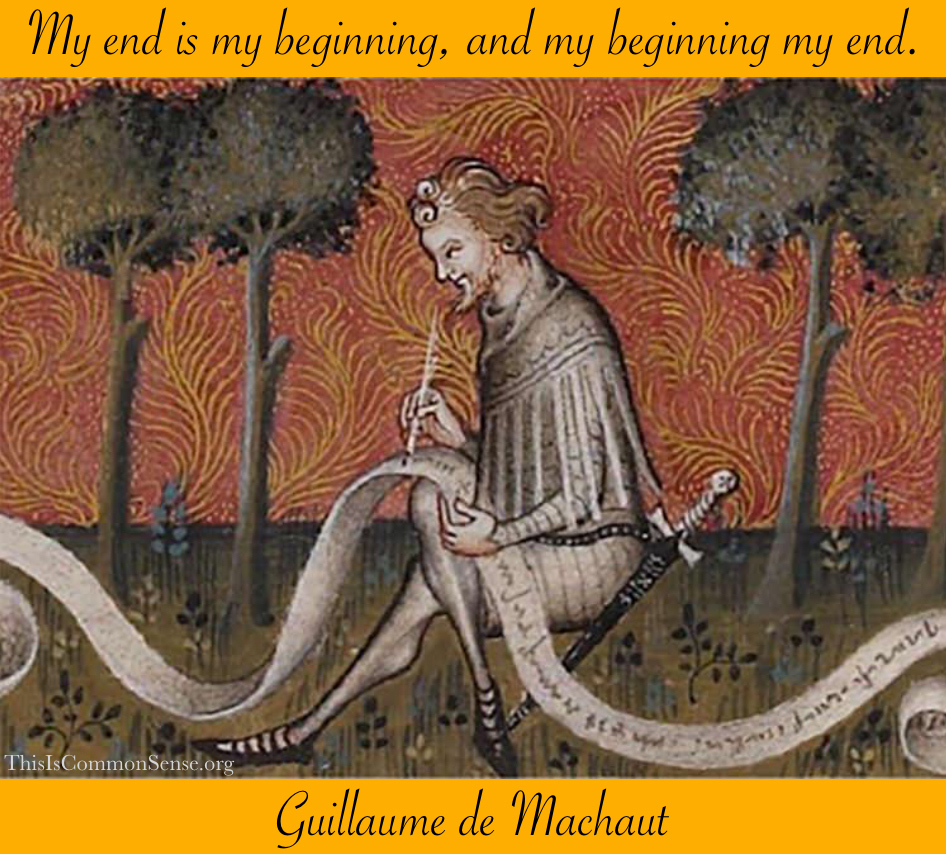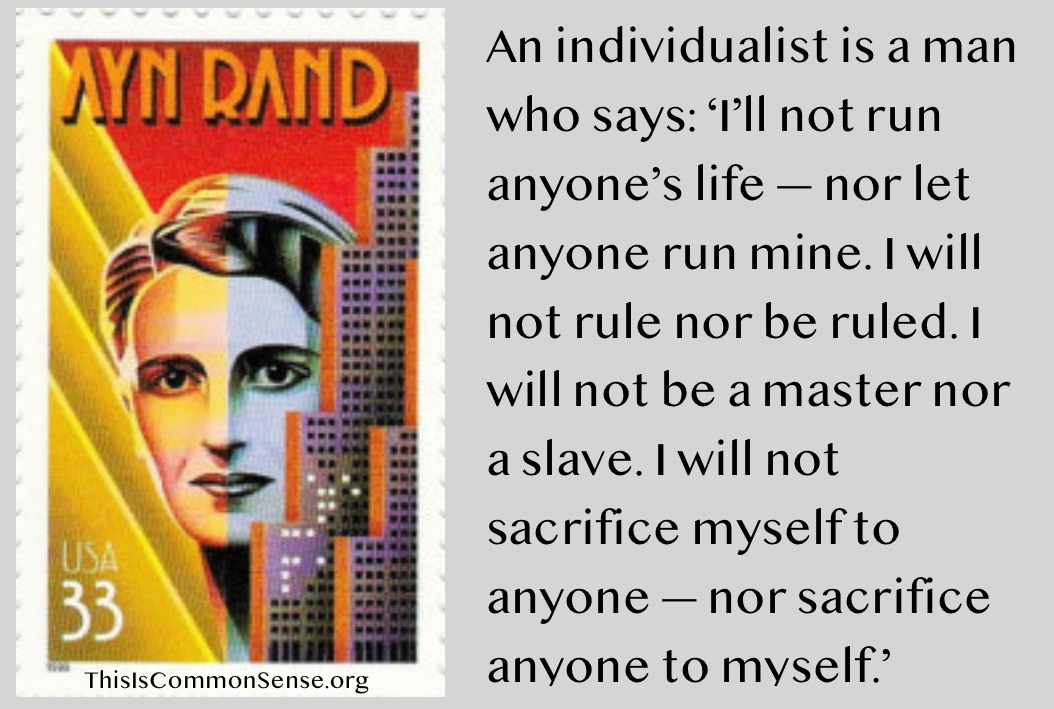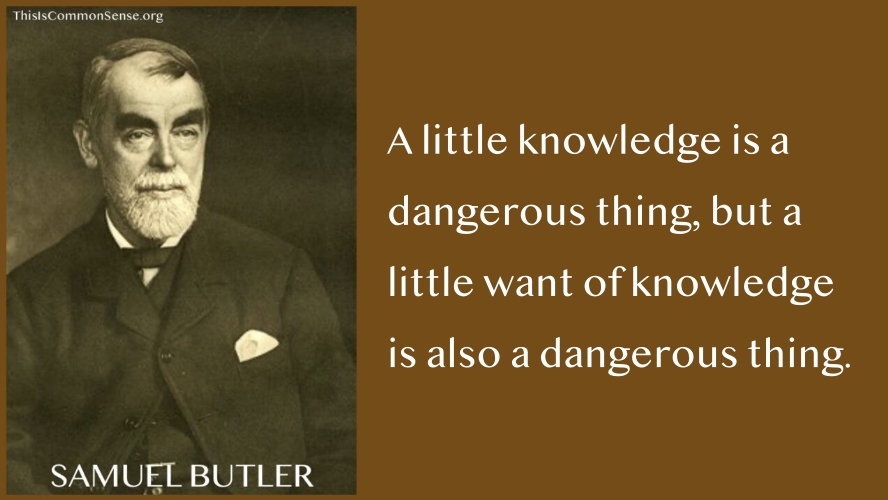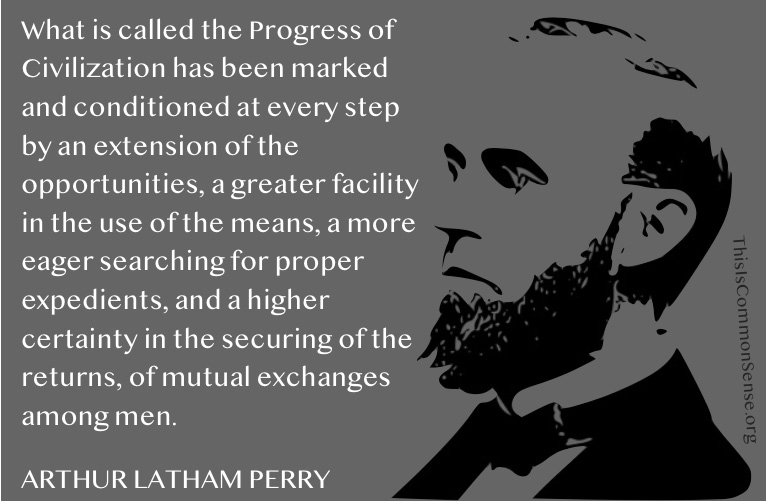Ma fin est mon commencement
Et mon commencement ma fin.
My end is my beginning, and my beginning my end.
Guillaume de Machaut, “Ma fin est mon commencement,” line 1; translation from Donald N. Ferguson, A History of Musical Thought (New York: Appleton-Century-Crofts, [1935] 1948) p. 94.





